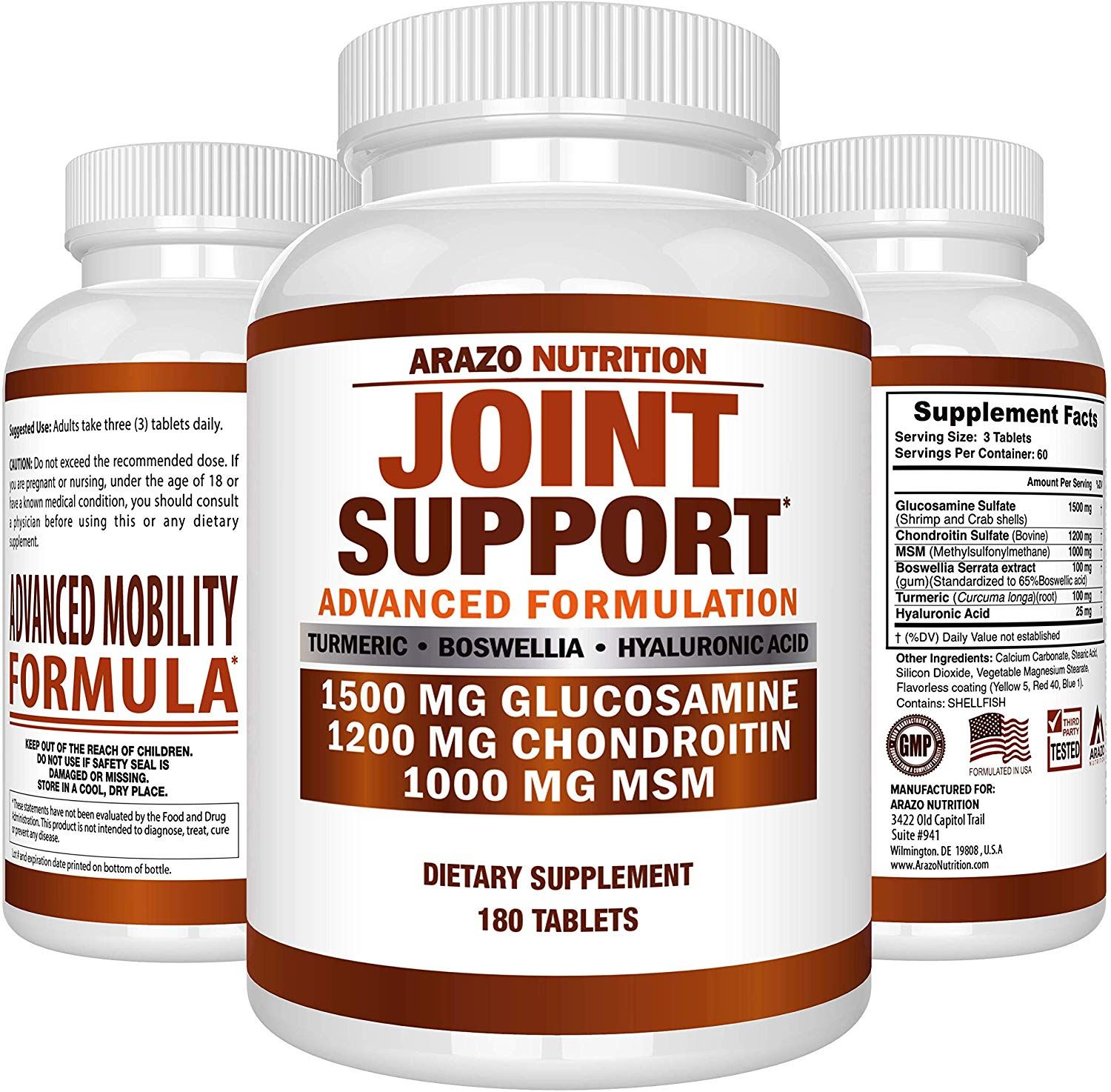Vitamin for Arthritis Health

Vitamin D
Vitamin D is essential for maintaining strong bones and joints. It helps your body absorb calcium, which is necessary for bone growth and development. As people with arthritis are at a higher risk of developing osteoporosis, a condition that weakens bones and makes them more prone to fractures, getting enough vitamin D is crucial. Vitamin D can also help reduce inflammation in the body, which can help alleviate joint pain and stiffness.
Sources of Vitamin D
The best source of vitamin D is sunlight. Spending time outdoors, especially during the morning or afternoon, can help your body produce vitamin D naturally. However, it can be challenging to get enough vitamin D from sunlight alone, especially during the winter months. Other sources of vitamin D include fatty fish, such as salmon and tuna, egg yolks, and fortified foods such as milk and cereal.
Recommended Dosage
The recommended daily intake of vitamin D is 600-800 IU per day. However, people with arthritis may require higher doses, especially if they have vitamin D deficiency. It is best to consult your doctor for advice on the appropriate dose for your condition.
Vitamin C
Vitamin C is an antioxidant that helps protect your body from damage caused by free radicals. It is also essential for the growth and repair of tissues in the body, including cartilage, which is the tissue that cushions your joints. Studies have shown that people with arthritis have lower levels of vitamin C in their bodies, which can contribute to joint damage and inflammation. Taking vitamin C supplements can help reduce inflammation and improve joint health.
Sources of Vitamin C
The best sources of vitamin C are fruits and vegetables, especially citrus fruits such as oranges and grapefruits. Other sources of vitamin C include kiwi, strawberries, broccoli, and bell peppers.
Recommended Dosage
The recommended daily intake of vitamin C is 75-90 mg per day for adults. However, people with arthritis may require higher doses, especially if they have a deficiency. It is best to consult your doctor for advice on the appropriate dose for your condition.
Omega-3 Fatty Acids
Omega-3 fatty acids are essential fats that your body cannot produce on its own. They are crucial for reducing inflammation in the body, which can help alleviate joint pain and stiffness. Studies have shown that people with arthritis who take omega-3 supplements experience less pain and inflammation in their joints. Omega-3 fatty acids can also help improve heart health, which is important as people with arthritis are at a higher risk of developing cardiovascular disease.
Sources of Omega-3 Fatty Acids
The best sources of omega-3 fatty acids are fatty fish, such as salmon, tuna, and sardines. Other sources of omega-3 fatty acids include walnuts, flaxseeds, and chia seeds.
Recommended Dosage
The recommended daily intake of omega-3 fatty acids is 250-500 mg per day. However, people with arthritis may require higher doses, especially if they have a deficiency. It is best to consult your doctor for advice on the appropriate dose for your condition.
Glucosamine
Glucosamine is a natural compound found in the body that helps build and repair cartilage, which is the tissue that cushions your joints. Taking glucosamine supplements can help reduce joint pain and stiffness and improve joint mobility. Glucosamine can also help slow down the progression of osteoarthritis, a common type of arthritis that occurs when the cartilage in your joints wears down over time.
Sources of Glucosamine
Glucosamine supplements are available in tablet, capsule, and powder form. They can be found in health food stores and online retailers.
Recommended Dosage
The recommended daily intake of glucosamine is 1500 mg per day. However, people with arthritis may require higher doses, especially if they have a deficiency. It is best to consult your doctor for advice on the appropriate dose for your condition.
Conclusion
While there is no cure for arthritis, taking vitamins and supplements can help manage the symptoms and improve joint health. Vitamin D, vitamin C, omega-3 fatty acids, and glucosamine are some of the best supplements for arthritis health. It is essential to consult your doctor before taking any supplements, especially if you have any underlying health conditions or are taking medication.
FAQ
What are the best vitamins for arthritis?
The best vitamins for arthritis are vitamin D, vitamin C, and omega-3 fatty acids. These vitamins and supplements can help reduce inflammation in the body, improve joint health, and alleviate joint pain and stiffness.
Can taking vitamins help manage arthritis symptoms?
Yes, taking vitamins and supplements can help manage arthritis symptoms by reducing inflammation in the body and improving joint health. However, it is essential to consult your doctor before taking any supplements, especially if you have any underlying health conditions or are taking medication.
What are the side effects of taking vitamins and supplements for arthritis?
The side effects of taking vitamins and supplements for arthritis are generally mild and uncommon. However, some people may experience stomach upset, diarrhea, or allergic reactions. It is essential to consult your doctor before taking any supplements, especially if you have any underlying health conditions or are taking medication.
Can taking glucosamine help slow down the progression of osteoarthritis?
Yes, taking glucosamine supplements can help slow down the progression of osteoarthritis by building and repairing cartilage in the joints. However, it is essential to consult your doctor before taking any supplements, especially if you have any underlying health conditions or are taking medication.
